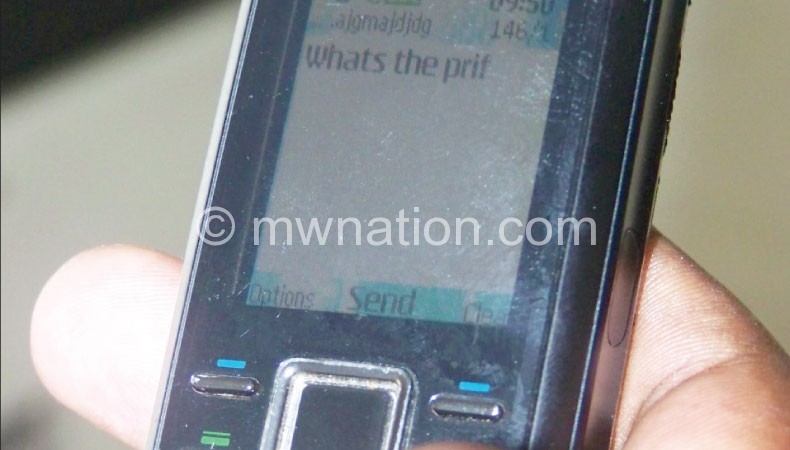Innovating Malawi mobile money service
From the start of the mobile industry, interoperability continues to shape and deliver mutual benefits to mobile service providers. This is obvious in support of interoperability that includes both short message service (SMS) and voice services whereby the relationship has delivered more revenue and profit for the industry.
So, it is not all surprising to see texting or indeed all other new social media become huge success due to interoperability. Without a doubt, innovations from mobile operators in Africa and, Malawi to be specific, have created a hit with mobile money services offered by TNM Mpamba and Airtel Money. The services are not specific to Malawi but with Kenya leading in Phone 2 Phone (P2P) money transfer services. Indeed Kenya enjoys historical status when it comes to mobile money services.

In 2013, Airtel Money and TNM Mpamba ranked four percent of a population of 7.5 million adults above 16 years old with a subscription base within operators themselves of close to five to six million users. This represents 80 percent of potential users that can actively use mobile money services in the country. The low use of mobile money against the many benefits it offers to subscribers is a key thing mobile operators need to address.
We have all heard of specific examples of how somebody in Chitimba can instantly get cash using mobile money services. Indeed, mobile money services have solved a problem, but despite all the benefits and the challenges solved, Malawi operators need to think outside the box and spin much faster towards interoperability across the mobile money service platforms.
Mobile money services in Malawi lack interoperability with any of the rival services run by the two operators: Airtel and TNM. Indeed, from a business perspective, it is easy to understand why each operator wants to take their own hit in mobile money services. For starters, mobile money services have roped in $303 million in revenue for Kenya M-Pesa end March alone. The rest is for you to guess. But this is not exactly the news; the news is that operators in Malawi are losing out a lot from the lack of interoperability. Imagine of a scenario where a registered Mpamba user sending money to an Airtel Money user and the other way. The benefits are enormous. In this way, mobile operators will expand to existing and potential mobile money users in other networks thereby creating more revenue and profits.
In July, Kenya’s Safaricom opened its 85 000 mobile money agents to its rivals. Such a move not only provided Safaricom commercial venture but also opened to an innovation that Malawi operators can opt to undertake for the mutual benefit of subscribers of all networks.
Furthermore, the trend in mobile money interoperability is taking stages elsewhere as well. For instance, three of the leading operators in Tanzania announced an agreement at the beginning of June to let subscribers send and receive mobile money with the users of rival services for the first time. Tigo, Airtel and Zantel agreed to allow users to send money directly between one another’s mobile wallets.
Interoperability requires a link between the operators’ mobile money systems. Again, the mobile money sector requires more than the two or three mobile money services but also allow innovative start-ups to use the network infrastructure for the market to see what interoperability can deliver.
Indeed, though, for an operator such as Airtel, this can be a hard pill to swallow, having set up the first mobile money system in the country with no assurance of success. Airtel practically opened the first mobile money market in Malawi but needs to fundamentally give a helping hand to its rivals and innovative mobile money start-up companies. Additionally, Malawi Communications Regulatory Authority (Macra) and mobile service operators need to encourage innovative start-up companies to invest in mobile money services in the country. Examples of such innovative start-ups include Zoona in Zambia, Pagatech in Nigeria and Savannah Fund in Kenya just to mention a few.
Therefore, mobile money providers need to spin much faster to interoperate with existing and potential innovative products to support the potential it has to offer to the development of Malawi.





